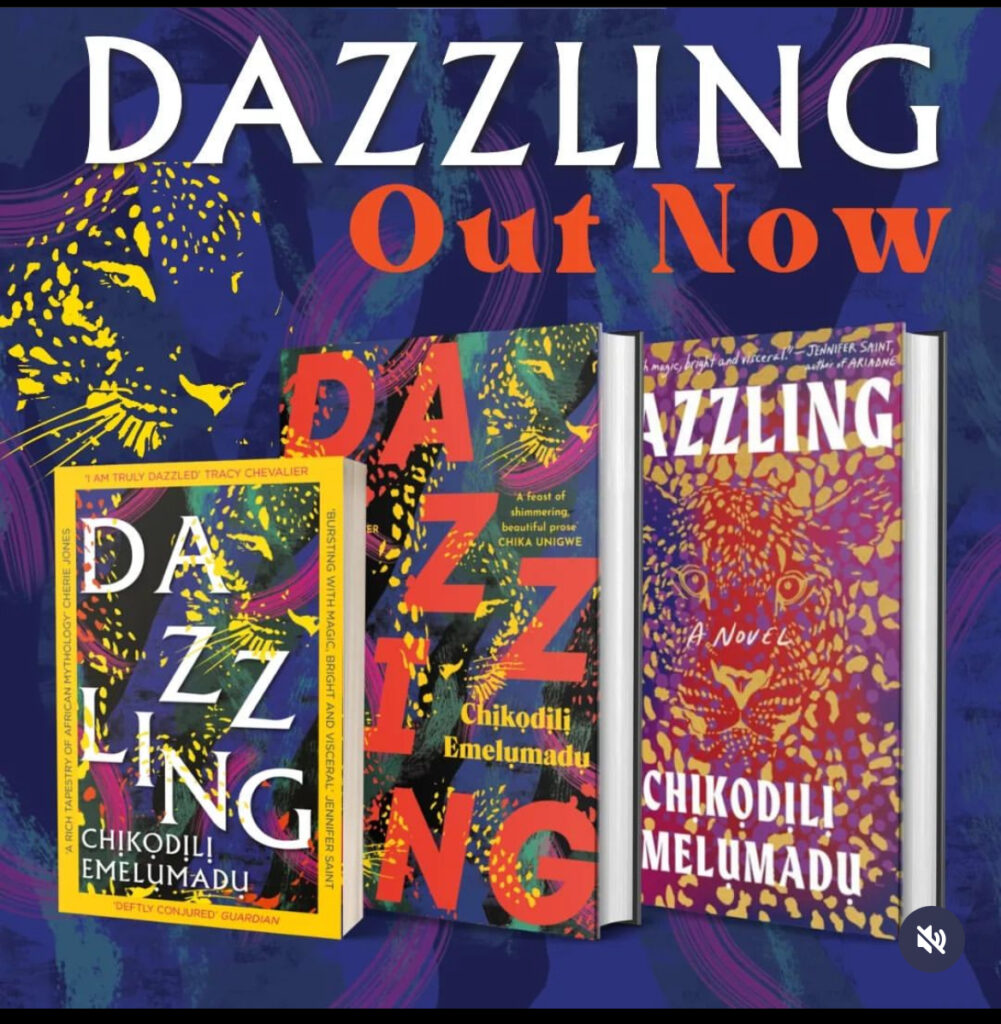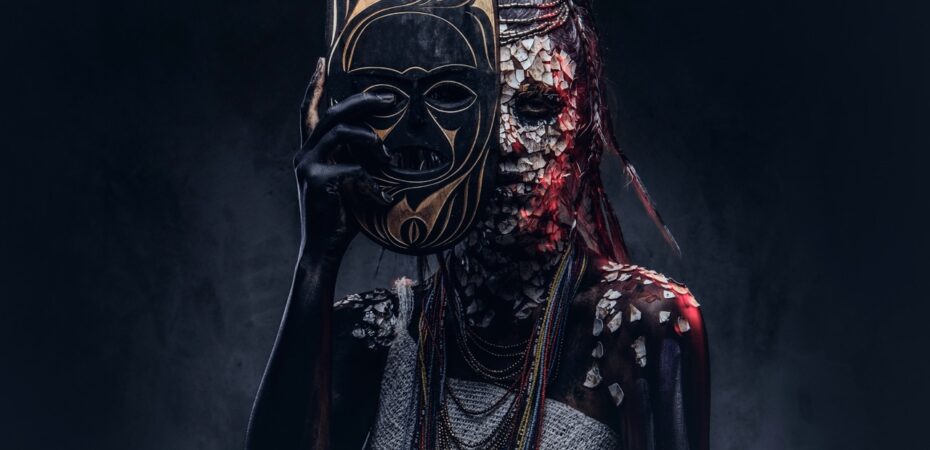West Africa with its deep history and cultural beauty is undoubtedly gaining traction in the London diaspora, but as a lover of both literature and my west African culture I wonder if we could focus the love of west African culture on to west African literature, specifically mythology.
I was lucky enough to grow up surrounded by classics from Dickens to Shakespeare and my love of literature connected me to my father; it was a bridge across our two different generations. But with all the many ‘cultured’ books that filled our floor-to-ceiling bookshelf, the absence of any that centred our own culture was evident. My father – a man who would shout to the rooftops till you’re deaf that he’s a proud Nigerian – would rather indulge in the works of Western writers and their history than embrace ones from his culture. But this is not an individual issue as a diaspora in a time when West African culture is on the rise, and we still centre the art, literature and history of the British when we could go back to our roots and uphold the art of storytelling by pushing old and modern West African mythology. Now, as an adult who is both finding love in literature again and embracing my culture more, I’ve found myself thinking back to my love of Eurocentric literature and wondering why, with its deep history, West African mythology has not received the same focus.
Chikodili Emelumadu, a fiction writer who incorporates Igbo mythology in her stories, feels strongly about the the importance of centring West African mythology in literature. “There are things that if you’re not exposed to, then you have to go looking for them,” she says. “There are lots of Nigerian writers, and we’re very good storytellers. And we’re very great at the ways in which we tell stories.”
Those of us in the diaspora lucky enough to have these stories passed down to them, would already be aware of the mythology. Even with the more well-known stories like Anansi the trickster spider that is somewhat the token piece of West African mythology is underutilised.

As literature is an industry that is hugely Westernised, West African folklore is unlikely to be highlighted. In the diaspora, some of us lack the knowledge of the mythology as more often than not our parents did not introduce us to it. For the authors carrying on the storytelling tradition, there can be pressure to dilute the history to appease Westernised readers. But Chikodili pushes back against this: “I was very conscious about not explaining certain terms… [you should] access my culture the way it is presented, as opposed to me making it easy,” she says. “It’s not the myths people have difficulty accepting. If your ancestors could dwell in my country for years, you can also have the same brain to sit down and read about my sisters”.
Whether or not people outside our culture indulge in our folklore is neither here nor there. The more significant issue is that we ourselves have lost the way we used to pass down teachings in the form of mythology and spoken storytelling. Caroline Ada, founder of Swallows Puppetry, is bringing back traditional storytelling of West African mythology in puppetry. “I love teaching, but that wasn’t my passion…when I was teaching, I noticed there was not much diversity [when it came to] storytelling, and in terms of [different] culture,” she says.
Both Chikodili and Caroline are clear that there is a deeper historical reason why there has been a disruption in the connection between the diaspora and knowing our mythology. “[West Africans] Readily accepting religion or Christianity because of the advantages that came with our proximity to the white man and all his modes of governance, and so what tended to happen was that a lot of stuff [our culture] became demonised,” says Chikodili. “When the British came [to Africa], they changed the whole system; a lot of things became considered as anti-Christian or to idolatry, and some of these [traditional beliefs] fell by the wayside and we’re still recovering some of them now.”
The pressure to assimilate has significantly impacted how we engage or do not engage with our mythology. This is seen specifically with our parents as the choice to migrate to London at a time where it may have been safer to present as more conforming to British values over their own, meaning that there was an unconscious disregard towards fiercely preserving this part of our culture. “For the first generation of people that came [to the UK], there’s a lot of trauma from having to adapt in a country that doesn’t know you,”says Caroline. “All the children of the migrants also have a right to be here, but in a plurality with all our culture”.
West African mythology is crucial because it’s a way to connect us to the culture and could prevent the demonisation of the culture’s traditions. Focusing on our mythology may be the starting point if we want to uphold and embrace our culture, especially as we can continue it to future generations through storytelling. This is a message that Caroline pushes through her shows. “I wanted to bring theatre and arts to the schools…I wanted to create a show for children so they can watch the show and think so that’s where my parents come from,” she says. The lively narratives of our myths are kept alive and relevant by this continuous process of cultural transmission. African myths and fables, frequently told by griots (storytellers from West Africa that maintain the tradition of oral storytelling), provide windows into moral lessons and intellectual perspectives. Particularly for the younger audience, these stories serve as a medium for teaching values like compassion, thoughtfulness, and honesty. Stories and myths from our home nations may be a simple yet powerful way to introduce kids to their cultural background.
Despite many of us not speaking the languages of the diaspora, us first and second-generation West Africans living in London can still connect to our culture in a way that is reserved for us only. Things like food and clothing are easily appropriated, but connecting to our culture through mythology allows us to enjoy our culture in a way outside forces haven’t influenced. By embracing West African mythology and revitalising the art of storytelling, all of us in the diaspora carve out a place for ourselves in the narrative of our cultural identity. Through these acts of remembrance and perseverance, we honour our ancestors’ legacy and create a road for future generations to reconnect with their roots. Chikodili rightly says, ” There’s this rise in speculative fiction from folklore and mythology to fantasy. Now we’re sought after, people want our stories”.

